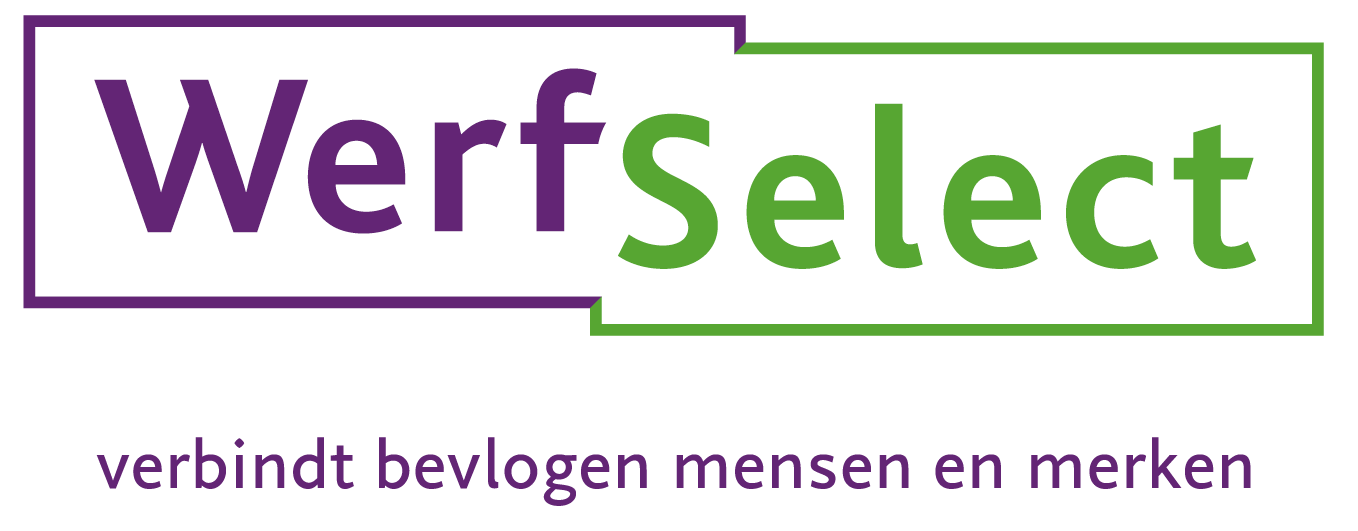Are you self-employed or a client in the Netherlands? Then it is important to know how the Deregulation of Assessment of Labor Relations Act (Wet DBA) affects your employment relationship. This law affects how self-employed people and clients record their cooperation. Read more about this in our white paper.
What is the DBA Act and why is it important for the self-employed?
The DBA Act replaces the old VAR declaration and is designed to combat false self-employment. This law allows the self-employed and clients to record their employment relationship using model agreements. This provides clarity and certainty for both parties about the nature of their cooperation.
For the self-employed, also known as zzp’ers, it is important to have a proper structure in their employment relationship. The DBA Act helps with this, providing clear guidelines on when someone can be considered self-employed and when employment is involved.
How does enforcement of the DBA Act work?
Enforcement of the DBA Act is currently suspended. This means that the Inland Revenue does not hand out fines unless there is malicious intent. This moratorium offers self-employed workers and clients time to adjust their labor relations to the new rules without immediate financial consequences.
As of 2025, however, the normal rules are expected to apply again. This means that in the case of false self-employment, the Tax Office can not only issue instructions, but also impose additional tax assessments. It is therefore useful to take a good look now at how your employment relationship is set up.
What are model agreements and how do you use them?
Model agreements are contracts pre-approved by the Tax Office. These agreements help the self-employed and clients work in line with the DBA Act and avoid false self-employment. By using a model agreement, both parties know exactly where they stand.
You can use a model agreement by downloading it from the Tax Office website and adapting it to the specific situation. It is important to make sure that the agreement is current and applicable to the working relationship between the self-employed person and the client.
How does the DBA Act affect clients?
Clients have been given greater responsibility to prove that there is no employment. This means that they must be able to prove that the self-employed person is indeed self-employed and not actually employed.
This can create additional administrative burdens, as clients must ensure clear agreements and documentation. Still, this is an important step to prevent the partnership from later being seen as an employment relationship, with all the tax consequences that entails.
What are the risks of false self-employment?
Sham self-employment can lead to financial penalties and retrospective assessments for both the self-employed person and the client. This risk arises when a working relationship is falsely classified as self-employed when in fact it is an employment relationship.
To avoid these risks, it is important to make clear agreements about the nature of the working relationship and use model agreements. This way you create clarity and avoid unpleasant financial surprises in the future.
At WerfSelect, we understand that the DBA Act can be complex. We are ready to help you with advice and support to make the right choices for both self-employed workers and clients. Please feel free to contact us for more information or guidance.






